You might be eating this gut-disrupting additive every day. Here’s how to identify carrageenan, and why you want to avoid it.
You can find carrageenan in everything from heavily processed boxed pizza to dairy-free kefir – and even coconut water.
The truth is, carrageenan might be disrupting your gut health. Here’s what the research says about this food additive, what happens when you consume it, and how you can avoid it.
Do you struggle with bloating, gas, constipation, or other digestive issues? We’ve created a FREE guide to healing your gut naturally.
Click here to get your FREE copy of our Digestion Guide!
What Is Carrageenan?
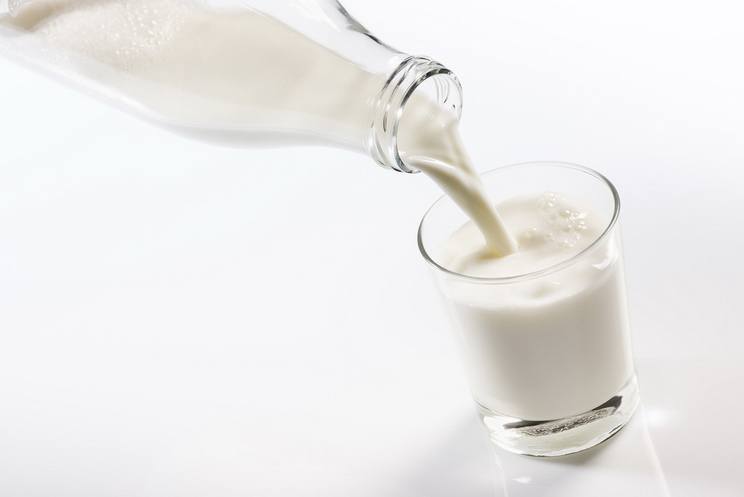
While many people assume this additive can’t be that harmful because it’s derived from seaweed, studies surrounding its safety are shaky at best.
There are two types of carrageenan: degraded (or poligeenan), and undegraded. The main difference between the two is that poligeenan is not approved as a food additive. Instead, it’s used as a dye for x-rays. (1)
How Carrageenan Changes After You Eat It
Certain acids process poligeenan to create a slightly different compound. However, your stomach also uses potent acid to break down much of your food. This leads researchers to speculate whether your stomach acid could turn regular carrageenan into poligeenan in your stomach. (2, 3)
This could be dangerous, since animal studies show that poligeenan can cause inflammatory gastrointestinal diseases like colitis, as well as tumors. (4, 5)
However, other studies conflict with this claim, stating that carrageenan does not degrade in the digestive tract. Since these studies were only on animals, it’s hard to know the true effect in humans. (6)
Let’s delve into some more modern studies to see why the food-grade might affect your gut health.
Why Should You Avoid It?
Studies conflict on the safety of carrageenan. Certain animal studies show that it can cause ulcers and other gut issues in rodents. However, these are older studies from the 1970s, which raises the question of if they’re even relevant using today’s study methods. (7)
Unfortunately, modern research remains spotty. Some animal studies show food-grade carrageenan impairs glucose tolerance and increases insulin resistance, which are two big concerns when it comes to preventing and managing diseases like diabetes and obesity. (8) Other animal and human studies find that it causes inflammation. (9, 10)
Studies on rats also reveal that food-grade carrageenan could promote tumor growth in liver cells, although scientists aren’t exactly sure how this happens. (11)
Carrageenan and Gut Health
One of the biggest ways carrageenan impacts gut health is through inflammation. Studies show it activates inflammatory cell pathways in your gut that might lead to gastrointestinal diseases like Crohn’s and irritable bowel syndrome. (12)
In fact, many individuals suffering from irritable bowel syndrome and other inflammatory bowel diseases claim completely removing carrageenan from their diet significantly improved their symptoms. (13) However, these are simply consumer reports.
Other animal studies have suggested carrageenan may increase intestinal permeability, which could lead to leaky gut. This is a condition where food and other particles are able to pass through a damaged gut lining and cause an immune reaction and inflammation. (14)
However, some other animal studies on different species show no reaction to carrageenan, which shows its effects may be species-dependent. In other words, it could negatively affect humans, or it might not. It’s hard to tell because research is so limited. (15, 16)
How to Avoid Carrageenan
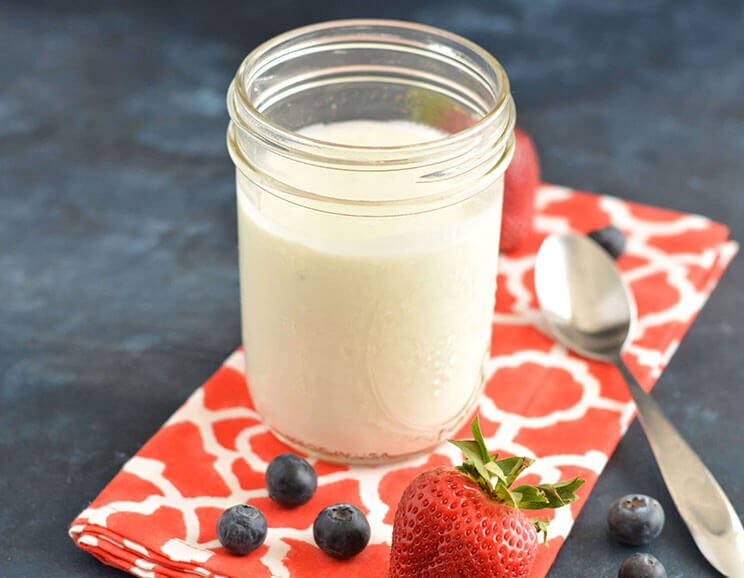
Many natural food products contain carrageenan. Here is a list of the most common items:
- Non-dairy ice creams, yogurts, and cheeses
- Nut and rice milks, including almond milk
- Coconut milk (both canned and boxed)
- Deli meats
- Kefir
- Coconut water
- Packaged foods like dips, snacks, and pizzas
Vegan and vegetarian products often contain it as a way to replace gelatin. Be sure to look under “other ingredients” on the label of all packaged foods, where you’ll see it listed.
Also, know that in 2016, the National Organic Standards Board voted to remove carrageenan from the list of substances approved for use in food items labeled “USDA Organic”, so you can enjoy organically-labeled foods without worry.
Another (and probably one of the best) ways to avoid this harmful additive is to consider making many of these products yourself. Check out these DIY recipes to see how:
You can also check out this shopping guide that tells you which brands use carrageenan, and in which products. Keep in mind, however, that some companies may use it as a processing aid in the products, so it’s not present in the final ingredient list. (17)
The Bottom Line
Carrageenan has no nutritional value, and with the amount of conflicting studies and claims surrounding it, our advice is to steer clear if you can. Stick to majority whole foods in your diet, and check labels on anything packaged to be on the safe side.
Avoid even more unhealthy chemicals in your food with this list of five sneaky food additives, and discover how to sidestep the three most insidious toxins you’re ingesting every day.


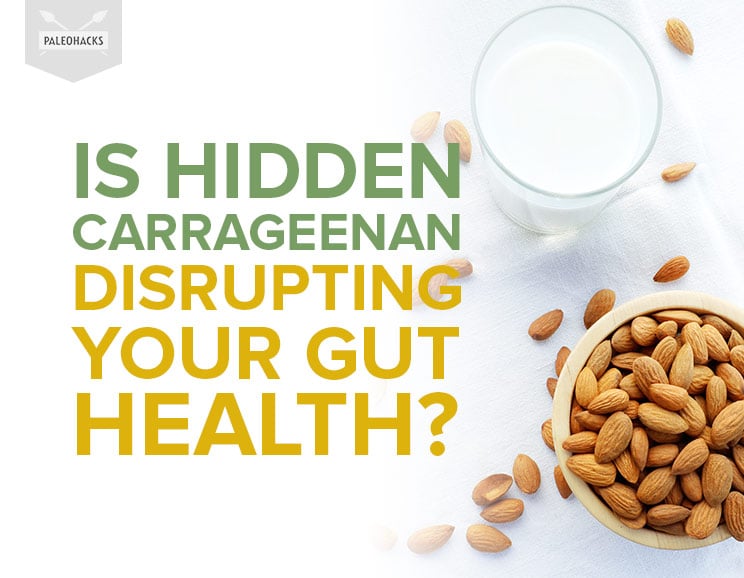
 Baked Salmon with Turmeric Honey Glaze
Baked Salmon with Turmeric Honey Glaze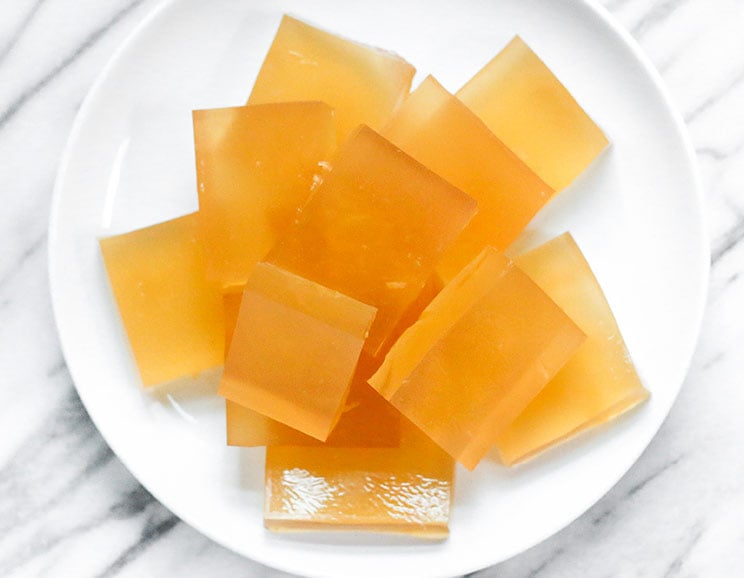



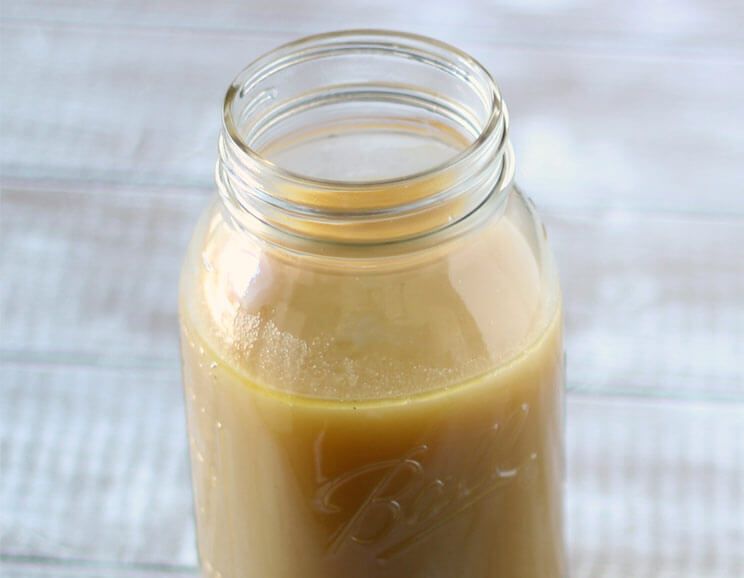




Show Comments